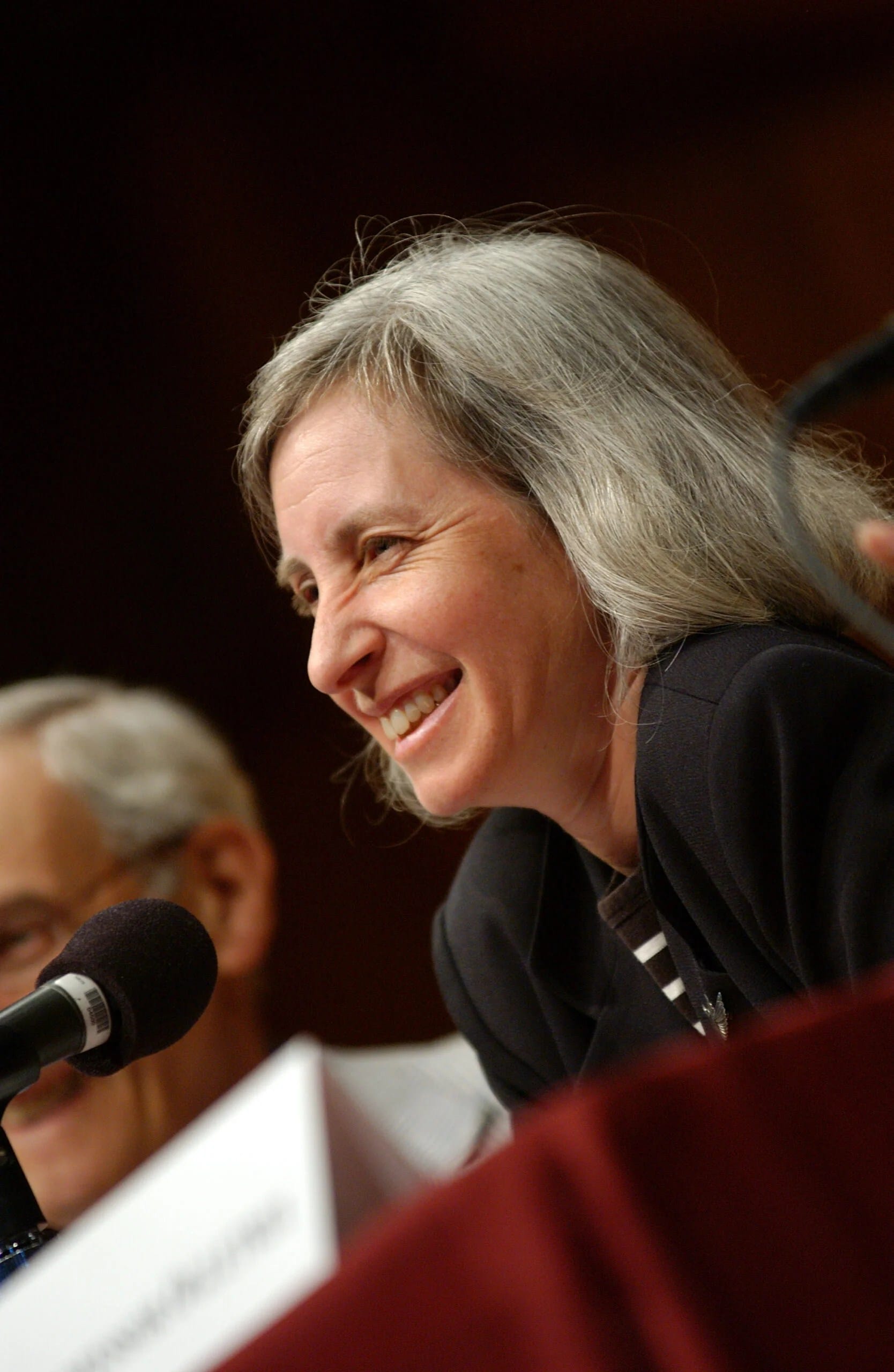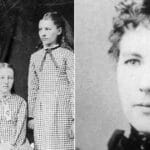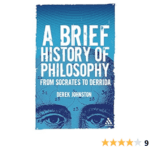Martha Minow is a prominent figure in legal scholarship, renowned for her work on restorative justice, inclusion, and the intersection of law and social change. This article explores her life, career, key contributions, and lasting legacy.
A Pioneer in Legal Thought
Martha Minow’s upbringing, with her father Newton Minow’s prominent role as Chairman of the Federal Communications Commission, likely shaped her interest in law and public policy. After graduating from the University of Michigan and Yale Law School, she joined Harvard Law School in 1981, becoming its 12th Dean (2009-2017) and currently holding the prestigious 300th Anniversary University Professorship, one of only 25 at Harvard. Throughout her career, she has taught courses ranging from civil procedure and constitutional law to family law and international criminal law. Her research delves into complex issues surrounding marginalized groups, digital technologies, conflict resolution, and restorative justice.
Transforming Justice: Minow’s Core Contributions
Minow’s scholarship challenges traditional legal paradigms. Her work on restorative justice, for example, suggests a shift from purely punitive measures to a focus on healing communities and repairing harm. This approach, explored in her book When Should Law Forgive?, prompts a rethinking of the legal system’s purpose. She advocates for acknowledging past injustices and pursuing solutions that foster reconciliation and rebuild trust. Minow also champions the rights of marginalized groups, arguing that laws can sometimes perpetuate inequality. Her advocacy extends beyond theory to actively seeking solutions to real-world problems. You can read more about another figure engaged in legal thought and advocacy, Maria Ritty Ross, on this site.
Key Works and Their Impact
Minow’s publications have significantly impacted legal discourse. Making All the Difference: Inclusion, Exclusion, and American Law (1990) analyzes how laws can reinforce social inequalities despite aiming for equality. She dissects the “dilemmas of difference,” arguing that true inclusion requires acknowledging and working with societal differences rather than ignoring them. In When Should Law Forgive? (1919), she delves into the complex relationship between law and forgiveness, exploring how legal systems can both facilitate and hinder reconciliation. This book challenges conventional understandings of justice and asks important questions about accountability, healing, and the possibility of redemption within legal frameworks.
| Book Title | Key Themes |
|---|---|
| Making All the Difference | Inclusion, exclusion, and the potential for law to perpetuate inequality even while striving for equality. |
| When Should Law Forgive? | The intricate interplay of law and forgiveness, examining how legal systems can both foster and hinder reconciliation and healing. |
Beyond these key works, Minow’s extensive scholarship covers diverse areas including constitutional law, human rights, family law, and the legal implications of digital technologies. She continuously explores new challenges, ensuring her work remains relevant in a rapidly changing world.
A Legacy of Social Justice
Minow’s influence extends beyond academia. Her ideas have shaped legal advancements and societal perceptions of fairness and equality. Her work inspires ongoing conversations about the role of law in creating a more just future. She challenges us to consider not just what the law is, but what it could be. Her dedication to fostering diversity and inclusion within the legal profession is also significant. As Dean of Harvard Law School, she promoted interdisciplinary studies, encouraging future lawyers to consider the broader social impact of their work.
As with many pioneering thinkers, Minow’s work has likely generated both support and critique. Some experts may disagree with certain aspects of her theories. However, her contributions to legal scholarship and social justice are undeniable. Her work is part of a larger, ongoing conversation, and ongoing research continues to explore the complexities of the areas she champions. Her impact on legal education, shaping future generations of lawyers and activists, is also part of her enduring legacy.
Inspiring Action: A Call to Justice
Minow’s work is not merely theoretical; it’s a call to action. She challenges us to examine how laws can reinforce inequalities based on race, gender, age, and disability. Her focus on restorative justice promotes a more humane approach to addressing harm, emphasizing healing and reconciliation over solely retribution. She advocates for considering the social conditions that impact individual choices, arguing that true freedom requires addressing systemic inequalities. Her defense of free speech, as explored in her book Saving the News, highlights its essential role in a democratic society. Her work reminds us that we all have a role in building a more just and equitable world.
| Key Concept | Description |
|---|---|
| Difference and Inequality | How legal systems can inadvertently perpetuate disparities based on characteristics like race, gender, age, and disability. |
| Restorative Justice | An approach to justice prioritizing repairing harm and healing rather than solely punishment. |
| Social Conditions and Choice | The understanding that true freedom of choice necessitates acknowledging and addressing the influence of social circumstances on individual opportunities. |
| Free Speech | The essential role of robust free speech in maintaining a healthy democracy. |
Minow’s Ongoing Influence
Martha Minow’s work continues to resonate in ongoing legal and social justice discussions. Her scholarship provides a valuable framework for addressing complex issues, inspiring individuals and communities to strive for a more equitable future. Scholars are exploring the practical application of her theories in various contexts, including criminal justice reform and addressing systemic inequalities. There is ongoing debate and research surrounding her concepts, suggesting that her influence will likely continue to evolve and shape legal thought for years to come.
It is worth noting that public scandals, like the Peggy Eaton affair, can highlight the role of social biases and their impact on individuals within legal and political systems, further underscoring the importance of Minow’s work. While she hasn’t directly addressed this historical event, the affair’s dynamics resonate with her broader themes of social exclusion and the need for a more just and inclusive society.
Key Takeaways & Extensions:
| Key Idea | Further Exploration |
|---|---|
| Social Justice Advocacy | Minow’s work consistently champions the rights of marginalized groups. How can this advocacy be amplified and broadened to address emerging social justice challenges? |
| Restorative Justice | Her focus on restorative justice highlights the law’s potential for healing and reconciliation. What are the practical implications and challenges of implementing restorative justice practices more widely? |
| Bridging Theory and Practice | Minow excels at translating academic insights into real-world solutions. How can this approach be further developed to effectively address complex legal and social issues? |
| Fostering Diversity and Inclusion | Her dedication to diversity and inclusion in legal education is crucial. What strategies can be employed to build a more inclusive legal profession that reflects the diversity of the communities it serves? |
| Ongoing Impact and Future Directions | While her current achievements are substantial, what might future research focusing on Minow’s contributions explore? How might her work evolve and continue to shape legal and social thought in the future? |
Minow’s contributions, built on a distinguished career at Harvard Law School, including her deanship and current role as a University Professor, demonstrate a lifelong commitment to legal scholarship and its potential for positive social change. Born on December 6, 1954, her work encompasses a wide range of legal scholarship, consistently emphasizing the need for a more just and inclusive society. Married to Joseph W. Singer, also a Harvard Law professor, and mother to writer and artist Mira Singer, Minow’s personal life perhaps further informs her dedication to creating a better future. Her influence, while already profound, remains an ongoing force, inspiring continued exploration of the complexities of law, justice, and social change.

















1 thought on “Martha Minow: Leading Scholar of Law, Justice, and Social Change”
Comments are closed.